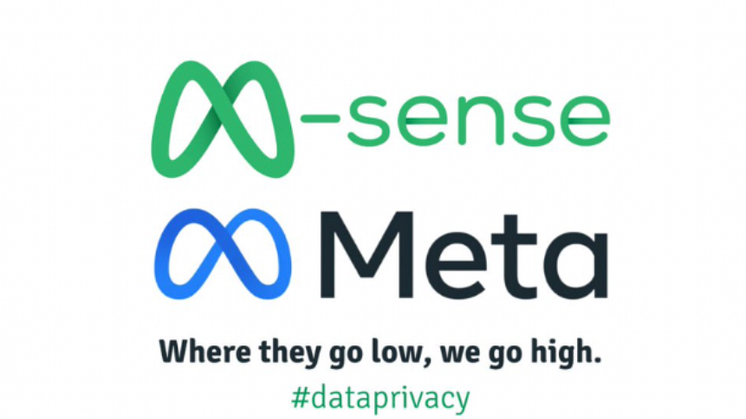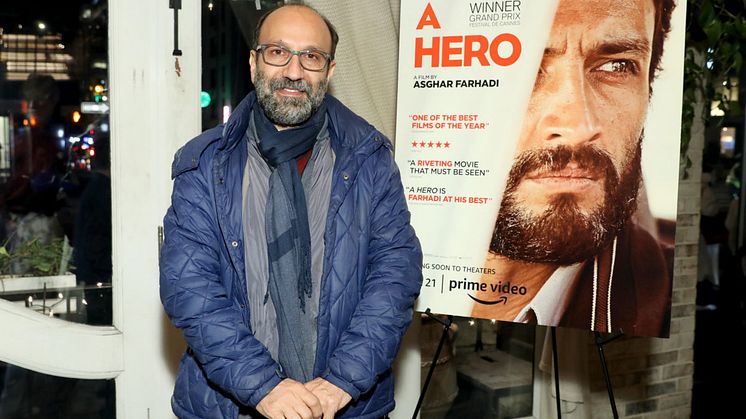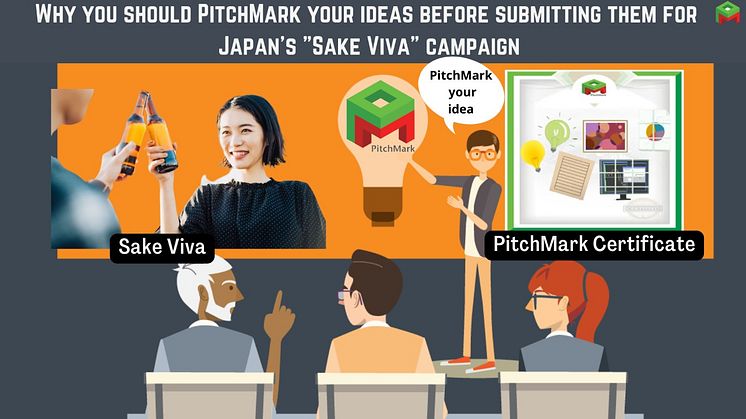
News -
Pinterest co-founders sued for idea theft
With a lifestyle-centric focus and a palpable lack of toxic arguments, image-sharing platform Pinterest is a favourite for social-media users who like to spend their Internet time browsing and curating visual inspirations rather than having fraught conversations.
It turns out, however, that even Pinterest isn’t drama-free. Former blogger Christine Martinez has sued Pinterest co-founders Ben Silbermann and Paul Sciarra for breach of implied contract, idea theft, unjust enrichment and unfair business practices, alleging that she played an important role in the company’s development and has been erased from its history.
Martinez states that she contributed core ideas, including the Pinterest feature of organising images on separate “boards”, and the platform’s signature “Pin it” phrase.
She also says that she evangelised the start-up to influencers and at other events in its early days, noting that Pinterest had named a section of its source code after her, and its co-founders had verbally agreed to compensate her many times.
However, her case may be weakened by the fact that she was never formally employed by Pinterest. While she did co-author a 2012 book on Pinterest marketing and mentioned connecting the Pinterest co-founders to relevant communities in a 2013 interview, there is not much documented evidence of her alleged contributions.
"The period of time in which I started working with them, Pinterest was really just an idea," she recently stated in a television interview. “It was a drawing on a piece of paper that occurred at my apartment one evening. There was no website. It was something that needed to be figured out."
If this sounds familiar, it may be because this is hardly the first tale of alleged Silicon Valley idea theft. “The startup world is rife with disputes about friends who claim founders took their ideas or unfairly cut them out of ownership stakes,” reports Business Insider. Disagreements and lawsuits over idea ownership have occurred at Snapchat, Twitter and Facebook.
The startup incubation process is more formal now though, and many potential founders today may be much savvier about protecting their ideas and reputation, since a lot may be at stake in the future should their ventures gain traction.
For its part, Pinterest’s official position is that Martinez’s allegations are without merit, and it will defend its position in court.
PitchMark helps innovators deter idea theft, so that clients get the idea but not take it. To find more about our services, visit PitchMark.net and register for free as a PitchMark member today.





